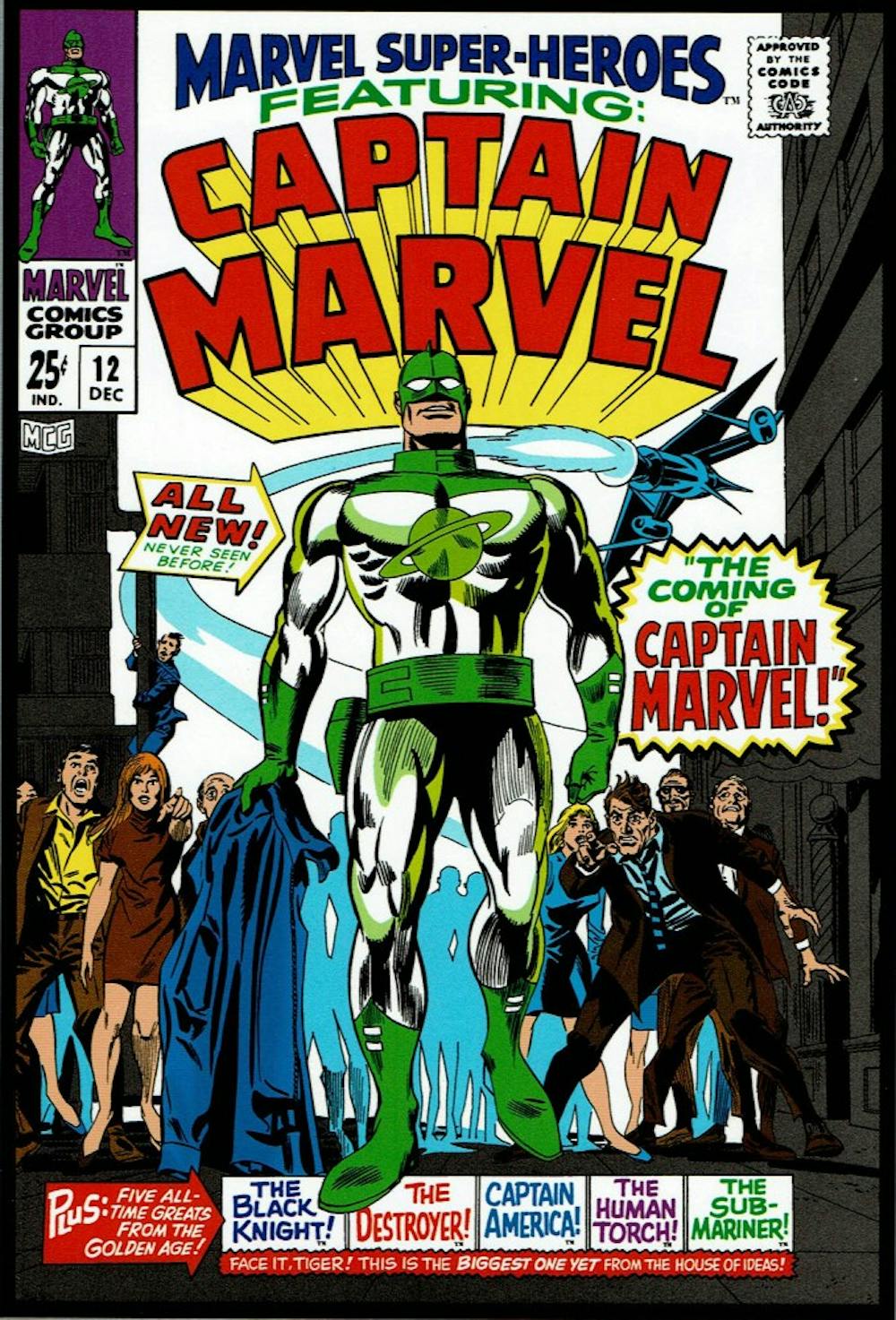This year's Academy Awards marked a milestone for the Marvel Cinematic Universe, but perhaps more importantly a shift in cultural standards.
The comic book genre has been traditionally snubbed by the Academy Awards, but Marvel’s "Black Panther" not only earned seven nominations, including Best Picture, but the film also earned the Marvel cinematic universe its first three awards. This isn’t just a win for Marvel. The recognition of a blockbuster hit by an institution of "tastemakers" like the Academy illustrates a greater shift in the perception of what can be recognized as art.
The critically acclaimed versus commercially successful art divide is not isolated to film. It’s also been a relatively recent development in literary theory — to question the nature of what can be defined as "literature."
It’s a conversation that is particularly relevant to higher education, where courses in new mediums like graphic novels are being taught alongside Shakespeare and Dante.
On college campuses across the U.S., The New Yorker tote bags are worn like status symbols to denote sophisticated reading choices. Copies of Hemingway and Faulkner are carried around as badges of honor. Conversations of liking genre fiction like sci-fi or young adult novels are hushed, carefully qualified as a "guilty pleasure." Like certain circles of the film world, being literary has become a personal identity.
But what is literature? It’s much like trying to pin down the definition of an Oscar-worthy film. There’s a general understanding of what counts, but no real criteria.
The word literature itself evokes something of scholarly merit, something that could be taught in schools or has exhausted generation after generation, but is somehow still enduring. To give an objective, umbrella definition of literature is pretty much impossible.
The big question: Does a "literary" book require strenuous exertion of brain power or can a book still be of literary quality if it gives the mind an enjoyable escape — if it’s fun? Does it have to be stuffy and snobby or can it be something you’ve been suggested from a book club? It’s the difference between "Moby Dick" and a book off Oprah’s reading list, and between films like "Citizen Kane" and "Black Panther."
One you read or watch because you know people have always said is great and you don’t want to seem uneducated, and the other because you genuinely enjoy it without having to force yourself to. But to say one is good is not to say that the other is bad.
In the same way, to say that Shakespeare is literary because it appeals to a select "sophisticated" and educated readership is not to say that what appeals to the wider public isn't also great. After all, weren’t Shakespeare’s plays first performed for both royalty and the masses alike?
We reinforce elitist culture when we're unyielding with our definitions of what can be counted as literature, or of any art form for that matter. Creativity is stifled. Taste becomes uniform based on what we’re taught to appreciate by teachers who were at one time also taught what to appreciate. And that taste is often exclusionary because it was first decided by a select set of the population historically afforded an education, resources and a voice.
Art and entertainment are different, but for too long we have discounted the possibility of art being entertaining.
Here’s a completely subjective definition of literature: a literary book is one that can profoundly speak to the human spirit by use of inventive language, theme, content and form.
It’s a high standard to set, but literary art transcends the mundane, transforms the everyday and translates the human experience for reader after reader after reader. It doesn’t need an institution’s seal of approval to do so.

